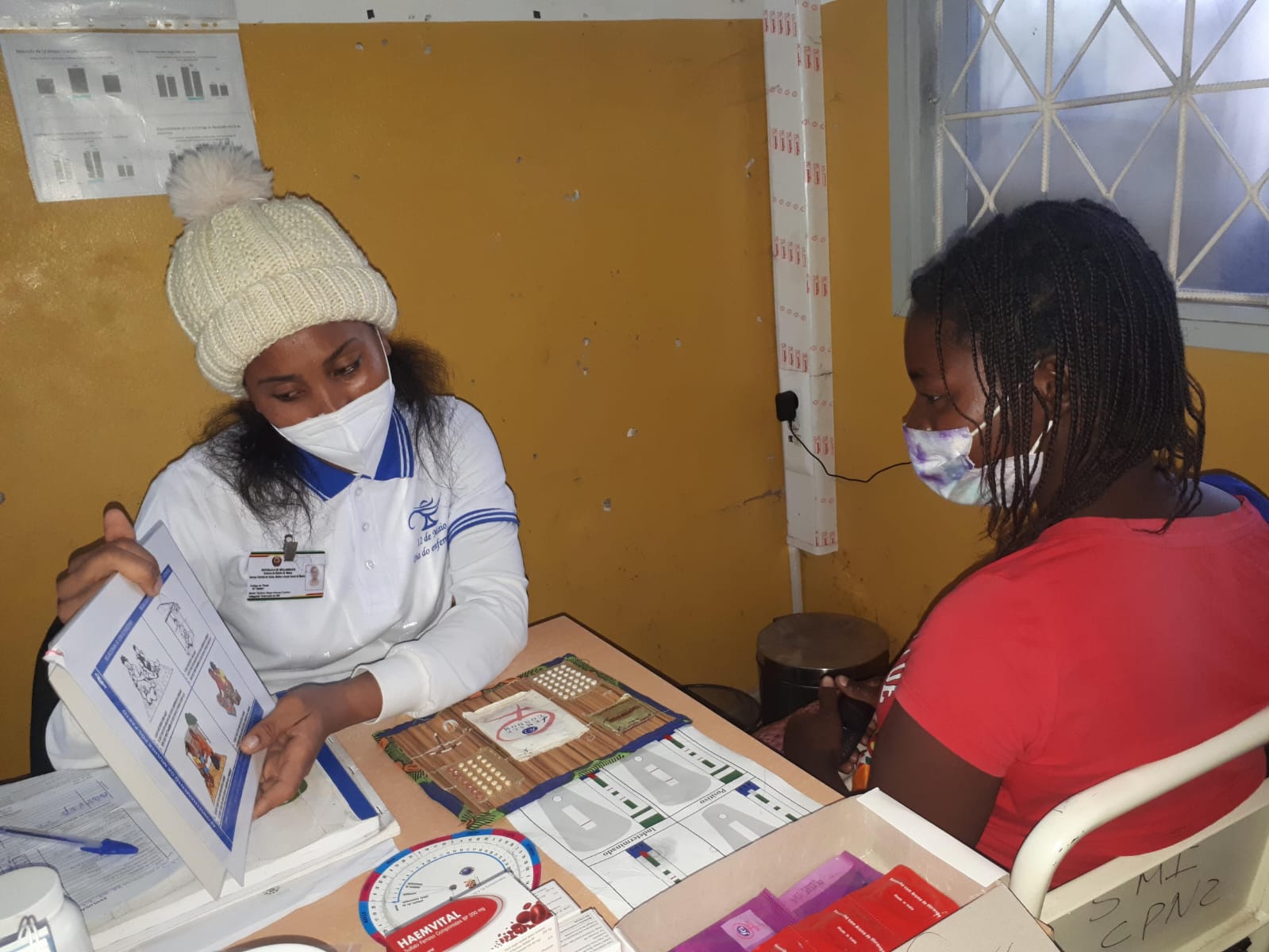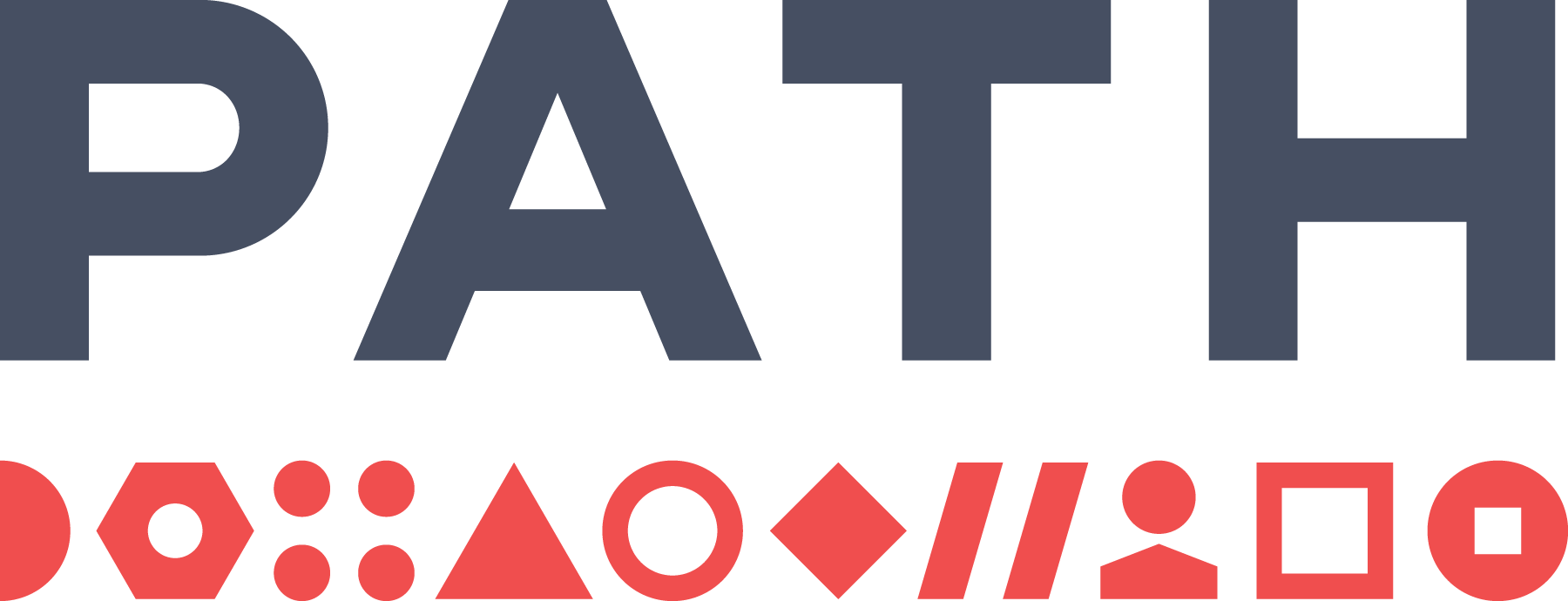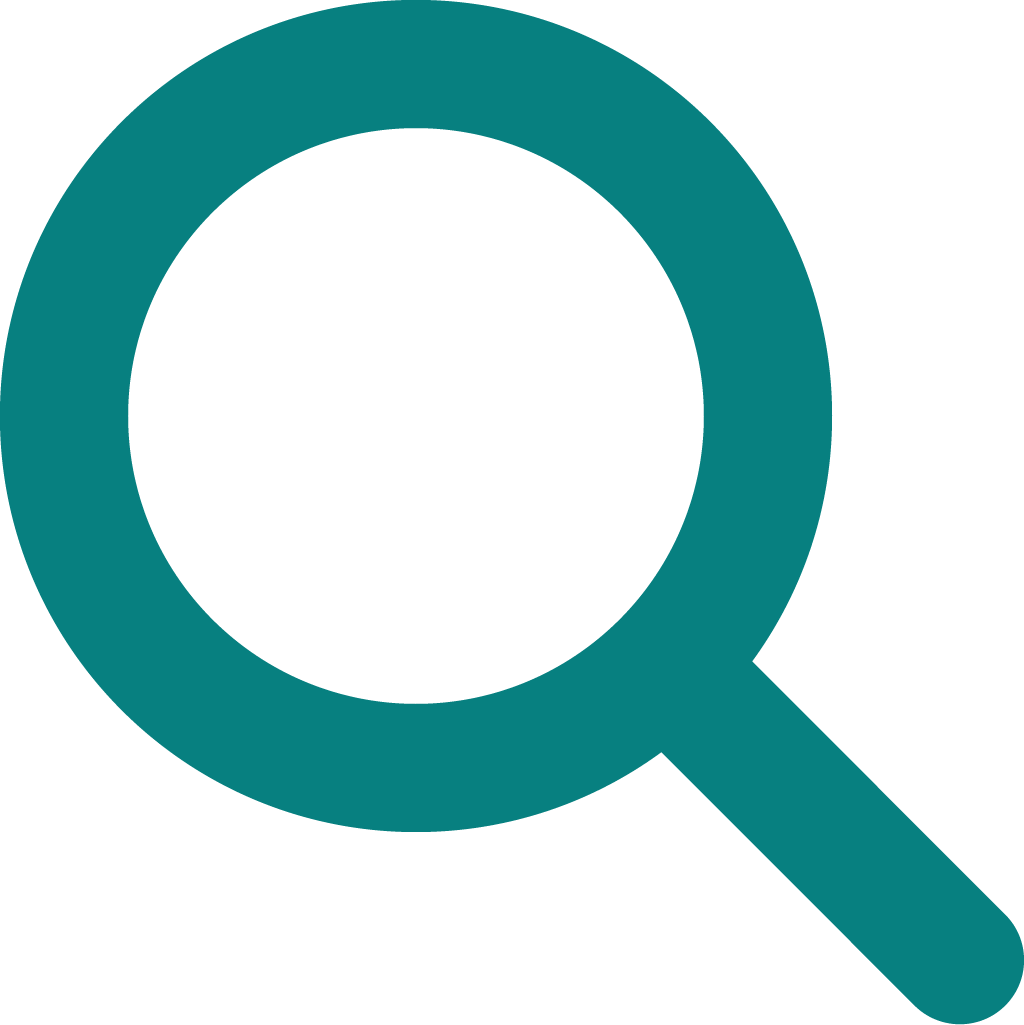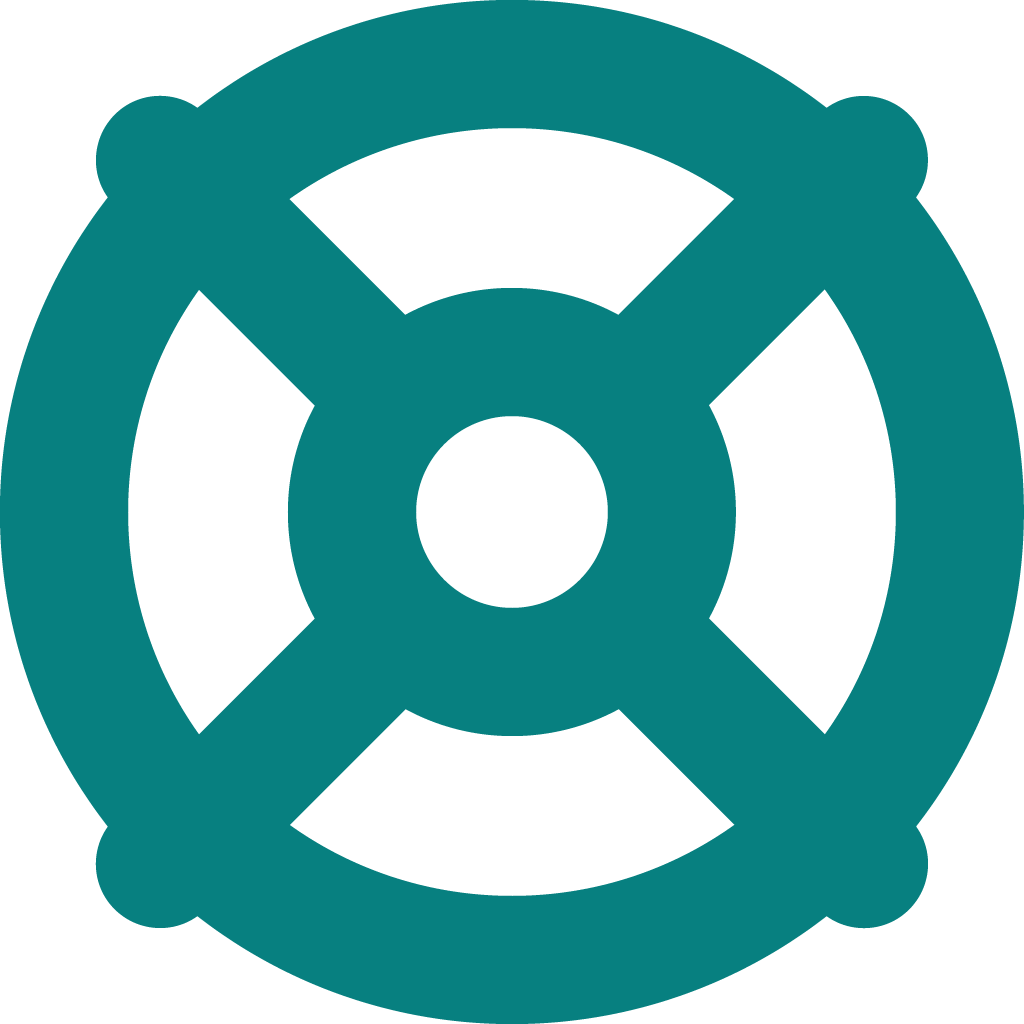Maternal mental health
In this section you can find materials developed by PATH that support screening and promotion of maternal mental health in antenatal and postnatal care, as well as in community health services. Some of these materials were developed in response to government interest in integration of maternal mental health services in routine primary health care (Mozambique), while others were produced in response to specific needs, such as support for maternal mental health in a post-conflict situation (Ethiopia) and the need to address the mental health issues of adolescent girls and young women who are mothers (Kenya).




